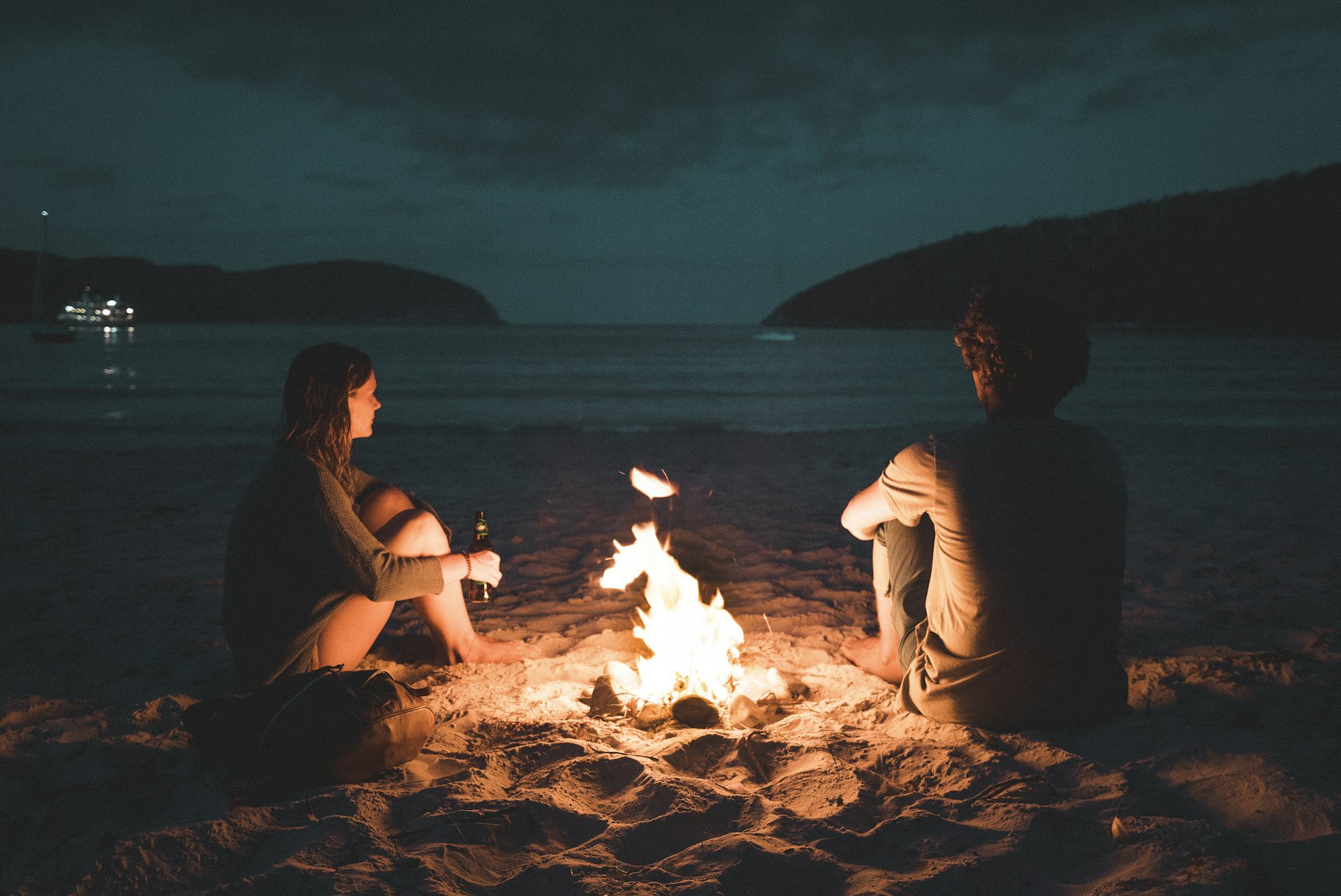Nguigmi, Niger
Museums
If you're in Nguigmi, Niger and interested in museums, one nearby option is the Diffa Regional Museum, located in the town of Diffa, about 160 km southwest of Nguigmi. The museum features exhibitions on local culture and history, including traditional crafts, pottery, and textiles. Another option is the National Museum of Niger in the capital city of Niamey, which has a more extensive collection covering the entire country. If you have access to transportation, this museum is about 700 km southwest of Nguigmi.
Food
One popular dish in Nguigmi, Niger is called "dambou" or "dambunama", which is a type of porridge made from millet or sorghum flour mixed with water and cooked until thickened. It is typically served with a sauce made from groundnut (peanut) or sesame seeds.
Another local favorite is "tsire", which are skewered and grilled pieces of meat (usually beef or goat) that have been marinated in a spicy mixture of ginger, garlic, and other herbs and spices.
Finally, "fou fou" is another popular dish in the region, consisting of balls of pounded yam or cassava that are used to scoop up stews or sauces made with vegetables and/or meat.
These dishes can be found at local restaurants and food stalls throughout Nguigmi and the surrounding area.
Activities
In Nguigmi, some popular activities among the local people include:
1. Visiting the weekly market: The town hosts a lively market every Thursday, where you can find a variety of goods such as food, clothing, and handicrafts.
2. Exploring Lake Chad: Nguigmi is situated near the shores of Lake Chad, one of the largest lakes in Africa. You can take a boat ride, go fishing, or simply enjoy the scenery.
3. Attending cultural events: The town has a rich cultural heritage, and local festivals and celebrations provide an opportunity to experience traditional music, dance, and other forms of entertainment.
4. Hiking and camping in the surrounding area: If you enjoy outdoor activities, there are plenty of opportunities for hiking and camping in the nearby hills and desert.
5. Learning about local customs and traditions: You can visit with local families and learn about their way of life, including their customs, traditions, and daily routines.
